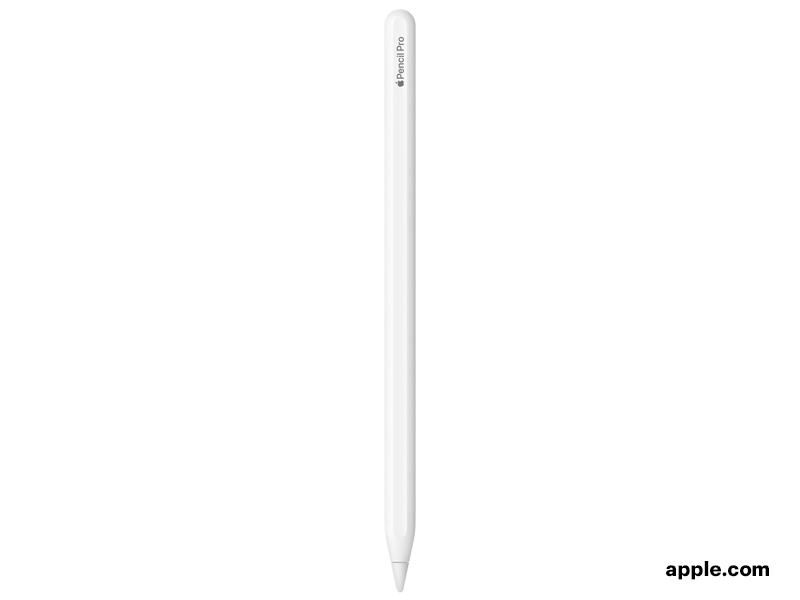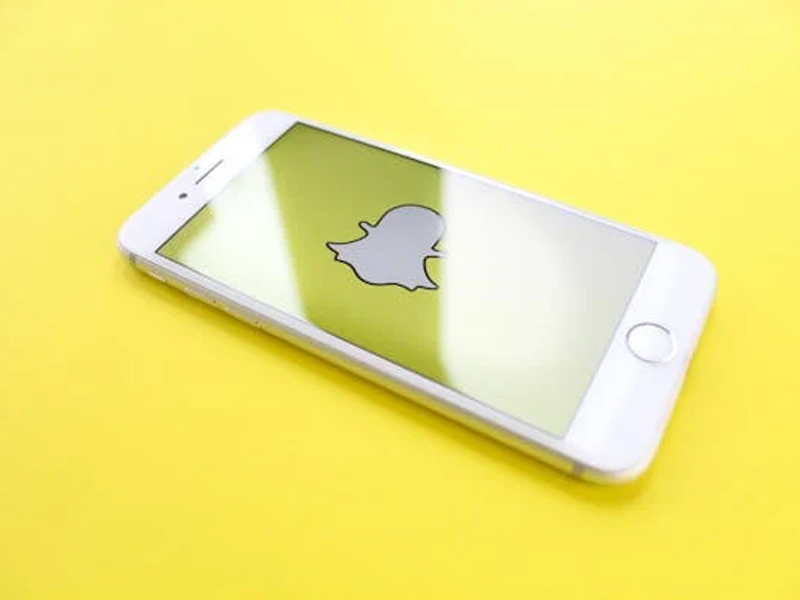Intel Gives Out Free MeeGo Netbooks
OpenSource
 How do you convince developers to start using and developing for a new platform. Hardware would help and that seems to be a common theme these days. Remember Microsoft, which handed out more than 30,000 Windows 7 phones? Or Google, which beta tests Chrome Os with 65,000 ChromeOS notebooks (and hopes that developers will start developing many more apps for the Chrome Web Store)? Intel does it on a much smaller scale with MeeGo.
At a recent meeting with about 140 developers in Arizona, the company gave out MeeGo netbooks to “qualified developers”. The hope here is, as well, that developers will actually use the netbook to build MeeGo apps. “By the end of the night, developers learned that with MeeGo they can rapidly create a variety of experiences across many computing device types, as well as have an opportunity to make money with their applications,” Intel’s Rhonda Peters wrote in a blog post.
The success of smartphone and tablet platforms seems to be a numbers game. 140 netbooks are a start, but it may not be enough to see a big impact. The first MeeGo version that will make it into consumer devices is, as far as we know, currently scheduled for a late April 2011 shipment date. We have no idea whether there will be MeeGo netbooks on retail shelves, but we do know that the company plans on having MeeGo tablets in U.S. retail by June.
If you are a developer interested in MeeGo, we have no idea whether Intel is giving out more free netbooks. However, you could always try and contact the company through its AppUp developer program.
How do you convince developers to start using and developing for a new platform. Hardware would help and that seems to be a common theme these days. Remember Microsoft, which handed out more than 30,000 Windows 7 phones? Or Google, which beta tests Chrome Os with 65,000 ChromeOS notebooks (and hopes that developers will start developing many more apps for the Chrome Web Store)? Intel does it on a much smaller scale with MeeGo.
At a recent meeting with about 140 developers in Arizona, the company gave out MeeGo netbooks to “qualified developers”. The hope here is, as well, that developers will actually use the netbook to build MeeGo apps. “By the end of the night, developers learned that with MeeGo they can rapidly create a variety of experiences across many computing device types, as well as have an opportunity to make money with their applications,” Intel’s Rhonda Peters wrote in a blog post.
The success of smartphone and tablet platforms seems to be a numbers game. 140 netbooks are a start, but it may not be enough to see a big impact. The first MeeGo version that will make it into consumer devices is, as far as we know, currently scheduled for a late April 2011 shipment date. We have no idea whether there will be MeeGo netbooks on retail shelves, but we do know that the company plans on having MeeGo tablets in U.S. retail by June.
If you are a developer interested in MeeGo, we have no idea whether Intel is giving out more free netbooks. However, you could always try and contact the company through its AppUp developer program. Frequently Asked Questions?

01
Blockchain
Crypto Firms Seek Refuge & Opportunity in Hong Kong
May 9, 2024

01
Tech Gadgets
Apple Pencil Pro: A Game-Changer for Artists, Designers & Note-Takers
May 8, 2024

01
AR and VR
Snap Engages Users with New AR & ML Toolkit
May 7, 2024
01
Tech news
Gatherings Just Got Easier: WhatsApp Communities Now Have Built-In Event Planning
May 5, 2024
SUSBSCRIBE TO OUR NEWSLETTER
Join our subscribers list to get the latest news and special offers.
Crypto Firms Seek Refuge & Opportunity in Hong Kong
Apple Pencil Pro: A Game-Changer for Artists, Designers & Note-Takers
Snap Engages Users with New AR & ML Toolkit
Power Down to Power Up: How a Digital Detox Benefits You and the Planet